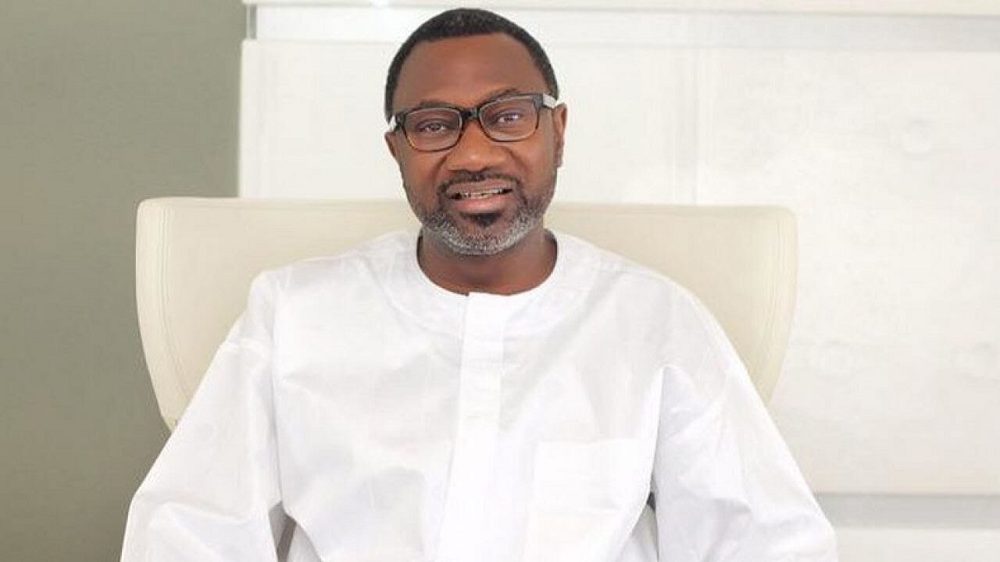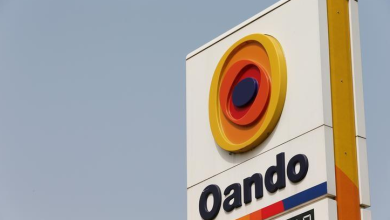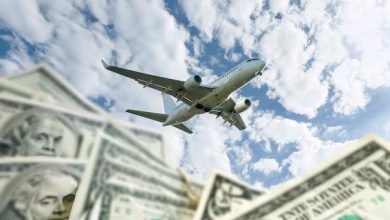Otedola Applauds Tinubu’s 15% Tariff on Fuel Imports, Calls It a Lifeline for Local Refineries
Femi Otedola has hailed President Tinubu’s new 15% import tariff on petrol and diesel.
He said the move will protect local refineries, boost investor confidence, and stabilize Nigeria’s economy.
Billionaire businessman Femi Otedola has praised President Bola Ahmed Tinubu for introducing a 15% import tariff on petrol and diesel, describing the policy as a timely step toward protecting Nigeria’s domestic refining industry and promoting economic stability.

In a post on X on Monday, Otedola called the decision a “bold and decisive move” that would shield local investors from being pushed out by cheaper imported fuel. He said the policy would strengthen confidence among those who have invested heavily in refining and energy production within the country.
According to him, the decision marks a new phase in Nigeria’s industrial development, one that prevents a return to past mistakes that damaged several local sectors. He noted that decades of uncontrolled importation of cheap and substandard goods had led to the collapse of once-vibrant industries such as textiles, vehicle assembly, and general manufacturing.
Otedola stressed that Nigeria must not allow the same fate to befall its energy sector, especially now that the country has enough refining capacity to meet its domestic petrol and diesel needs. He said the tariff would create stability for investors and help maintain fair competition in the local market.
“The 15% import tariff will help secure long-term price stability and reduce inflationary pressures,” he added. Otedola further noted that the policy would help the government build a sustainable pricing framework for petroleum products while ensuring the energy market remains predictable for both producers and consumers.
He commended Tinubu for what he described as visionary leadership, saying the president’s policies were essential for Nigeria’s pursuit of a $1 trillion economy. “The president’s focus on empowering local producers and encouraging value addition shows the kind of leadership that can drive economic transformation,” he said.
Earlier reports indicated that Tinubu approved the ad-valorem import duty on petrol and diesel as part of a broader plan to stabilize Nigeria’s downstream sector. The new tariff, outlined in a letter dated October 21 and made public on October 30, 2025, was directed to the Federal Inland Revenue Service and the Nigerian Midstream and Downstream Petroleum Regulatory Authority for immediate implementation.
The Special Adviser to the President on Media and Public Communications, Sunday Dare, explained that the policy was designed to protect local refineries and ensure energy independence. He described it as “a bridge, not a burden,” meant to guide Nigeria toward self-sufficiency in fuel production and long-term economic resilience.



